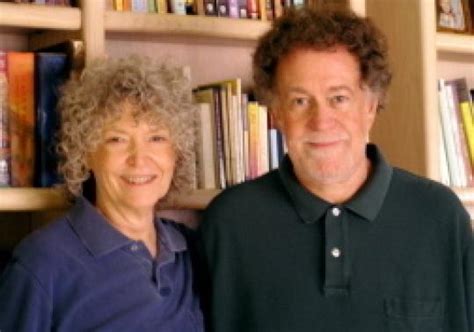A Quote by Hugh Prather
Love does not exclude; it embraces. If we don't love someone outside ourselves, then very simply, we do not love ourselves.
Related Quotes
Everyone deserves love and appreciation. If there is someone in the world whom we do not love, it is our blessing to work this out within ourselves. A very key spiritual principle, echoed in the Cayce readings as well as mainstream psychology, is that whatever we see in others that makes us angry, sad or jealous is a reflection of an issue we have in ourselves. If we can learn to love, respect and forgive ourselves, then we will not be angered and offended by what we see in others.
If we don't love ourselves, we would not love others. When someone tell you to love others first, and to love others more than ourselves; it is impossible. If you can't love yourselves, you can't love anybody else. Therefore we must gather up our great power so that we know in what ways we are good, what special abilities we have, what wisdom, what kind of talent we have, and how big our love is. When we can recognize our virtues, we can learn how to love others.
But how can we love someone if we don't like him? Easy-we do it to ourselves all the time. We don't always have tender, comfortable feelings about ourselves; sometimes we feel foolish, stupid, asinine, or wicked. But we always love ourselves: we always seek our own good. Indeed, we feel dislike toward ourselves, we berate ourselves, precisely because we love ourselves; because we care about our good, we are impatient with our bad.
Perhaps because the origins of a certain kind of love lie in an impulse to escape ourselves and out weaknesses by an alliance with the beautiful and noble. But if the loved ones love us back, we are forced to return to ourselves, and are hence reminded of the things that had driven us into love in the first place. Perhaps it was not love we wanted after all, perhaps it was simply someone in whom to believe, but how can we continue to believe the the beloved now that they believe in us?
What you call love does not sound very beautiful. Think of the way we adore the Throne. That adoration makes us the best version of ourselves. We feel encouraged to go further with or instincts, not to change ourselves for love. If I were yours and you were mine, I would want you to be exactly as you are. I would never eclipse you with my desires.
Love of country cannot be a supersized version of individual narcissism. True love of country-of this country-is love of our children, of a creed that promises them a better life before it promises us anything, and embraces the sacrifices needed to make that better life. True love of country is giving ourselves to a cause and a purpose larger than ourselves. And that cause is to make liberty worth having, to make the pursuit of happiness deeper than the quest for personal pleasure, and to leave a legacy of progress and possibility.




































